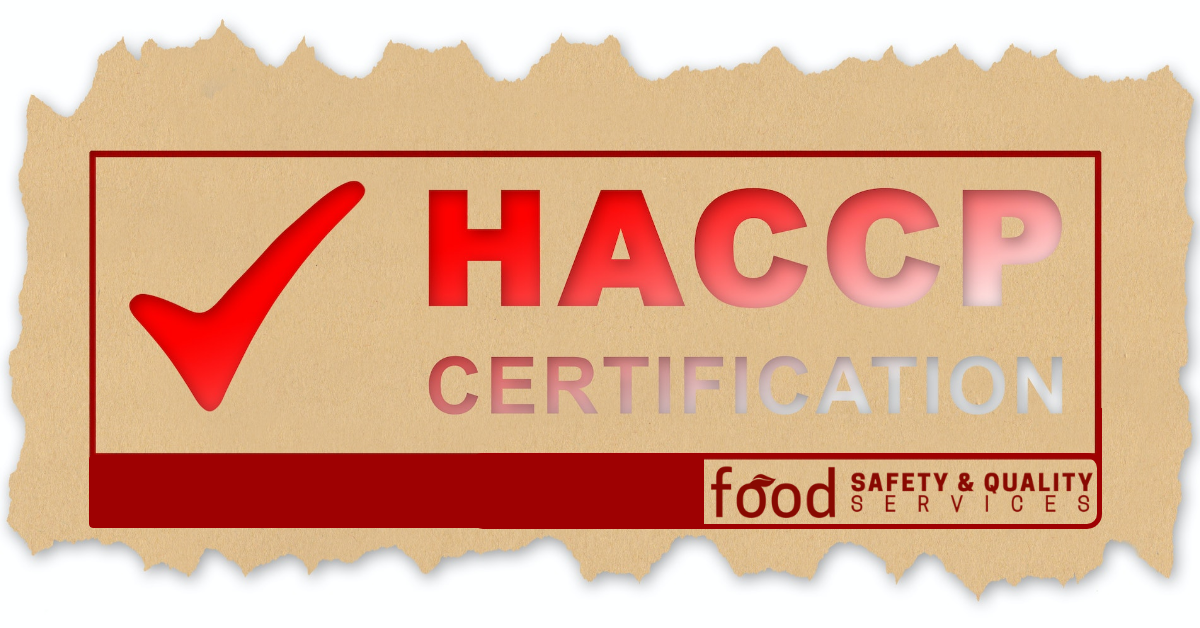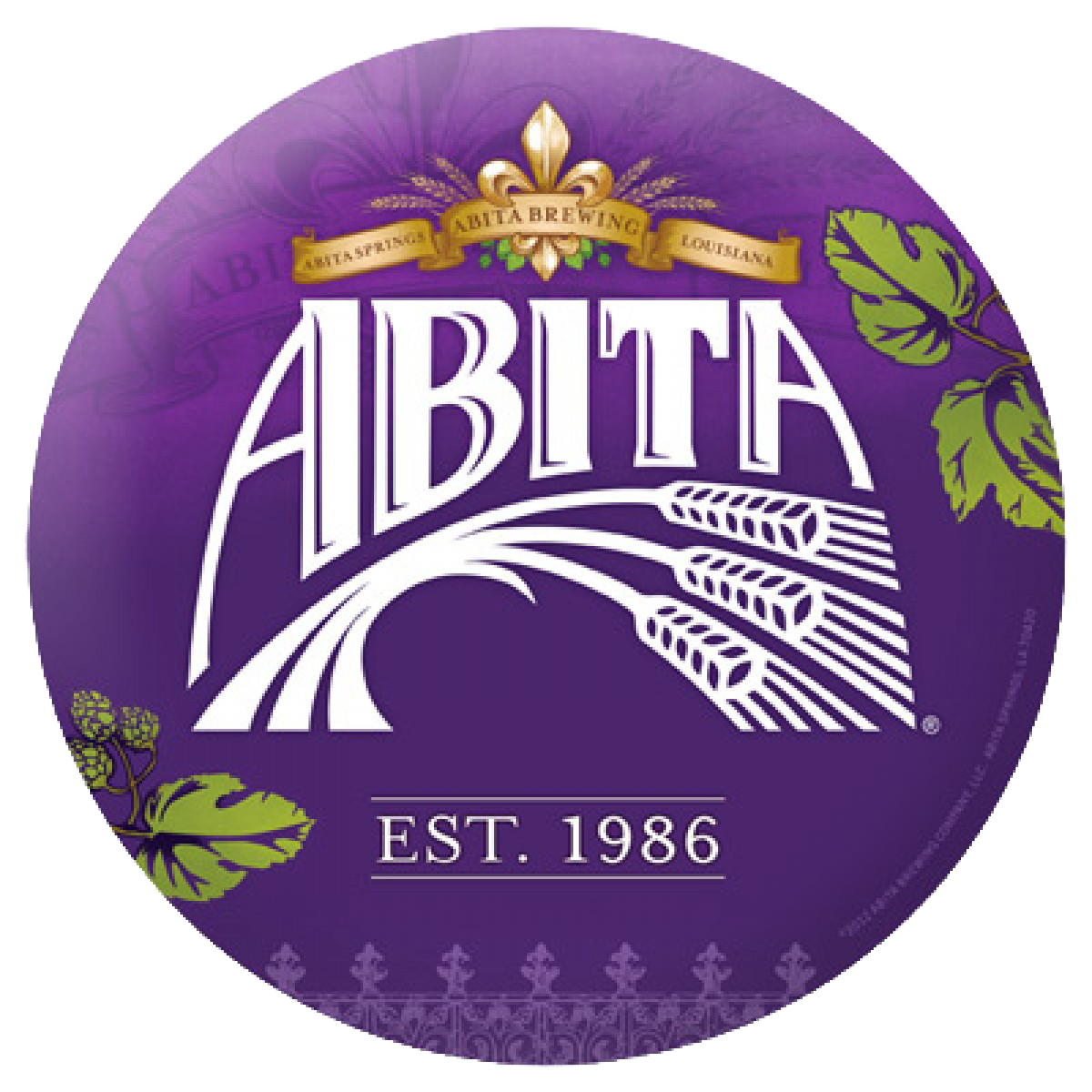HACCP Certification | Here to Stay?

Food Safety Modernization Act (FSMA) Impacts
Why is HACCP Certification Still Necessary for 3rd Party Audits?
Who Should Get Certified?
HACCP Certification Options
Certificate Expiration
So Is HACCP Here To Stay?
There is no indication that this training will be 100% replaced by PCQI or any other food safety training anytime in the near future. As mentioned earlier, some products are still required to operate under traditional Hazard Analysis and Critical Control plans by law. Those processors that are now required to have a Preventive Controls plan by FDA, still may need a HACCP-based system to comply with 3rd-party audits such as BRC and SQF. These facilities will need to show auditors recent certificates for both PCQI and HACCP training.
If your certification is more than 3 years old, you have questions about certification requirements or HACCP training that is right for you and your company, contact us today for a free consultation.
About the author

Lance Roberie
Food Safety Consultant and TrainerLance Roberie has over 20 years of quality assurance and food safety experience within the food industry. Mr. Roberie holds the following certifications:
- Certified Food Safety HACCP Manager
- Preventative Controls for Human Foods (PCQI) Lead Instructor
- Meat & Poultry and Seafood HACCP Lead Instructor
- FSPCA Food Defense (IAVA) Lead Instructor
- ASQ Certified Manager of Quality & Organizational Excellence
- ServSafe Instructor and Exam Proctor
- Internal Auditor and GFSI Specialist
Lance and the Food Safety & Quality Services’ training curriculum will advance your team's food safety knowledge through certified training, consulting, and “real life” industry scenarios.
upcoming Classes
June 13, 2024 09:00 AM - 04:00 PM
June 11, 2024 08:00 AM - June 12, 2024 04:00 PM
June 18, 2024 08:00 AM - June 19, 2024 04:00 PM
Need a Food Safety Specialist?
Free 15 Minute Consultation.Learn how we helped Abita Brewing Company pass their first food safety audit with an A grade.

